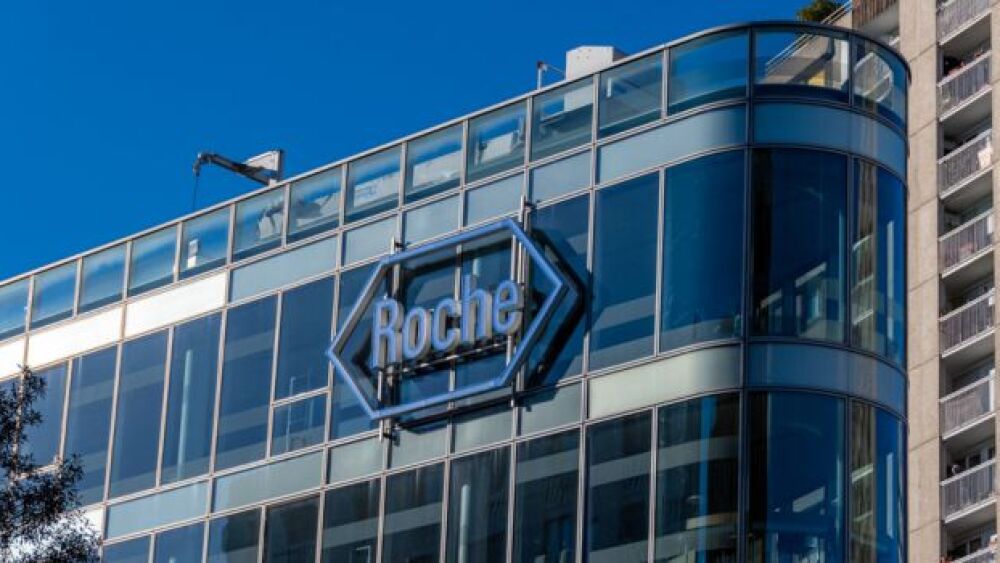Prana enrols and doses its first cohort of healthy volunteers in its Phase I clinical trial
- Prana enrols and doses its first cohort of healthy volunteers in its Phase I clinical trial
- Evidence supports activity of PBT434 to prevent α-synuclein accumulation and neuron loss in experimental animal models of parkinsonian diseases
- Transition to human trials is a milestone for the Company building on its well-established scientific foundations
- Highly experienced drug development team, based in San Francisco, leading the program
MELBOURNE, Australia & SAN FRANCISCO--(BUSINESS WIRE)-- Prana Biotechnology Ltd (ASX PBT: NASDAQ PRAN) is pleased to announce the first cohort of volunteers in its Phase I clinical trial have been administered PBT434, an experimental drug under investigation for the treatment of Parkinsonian diseases.
The trial conducted in Melbourne, Australia is recruiting and dosing healthy adult and elderly volunteers, to ascertain the optimal drug dose. The primary goal of the Phase 1 clinical trial is to demonstrate the safety and tolerability of PBT434, with a secondary endpoint of pharmacokinetic measures assessing and understanding how the drug is absorbed and metabolised in the human body.
PBT434 is the first of a new generation of small molecules designed to inhibit the aggregation of alpha(α)-synuclein and tau, critical intracellular proteins that are implicated in neurodegenerative diseases such Parkinson’s disease and atypical parkinsonism. PBT434 has been shown to reduce the pathological accumulation of these proteins in animal models of disease and has excellent potential to treat various forms of atypical parkinsonism, such as Multiple System Atrophy (MSA) and Progressive Supranuclear Palsy (PSP).
Prana’s Chief Medical Officer and Senior Vice President, Clinical Development Dr David Stamler, MD, said: “The first human administration of PBT434 is a major milestone for Prana. MSA and PSP are devastating diseases with no effective treatments and this is an important first step in developing a therapy for individuals with these diseases.”
The development program for PBT434 is being led by Dr Stamler from Prana’s San Francisco office. Dr Stamler and his team are highly experienced and have brought several new drugs to market, including deutetrabenazine for the treatment of Huntington’s disease chorea and Tardive dyskinesia, both of which were approved by the U.S. Food and Drug Administration (FDA) in 2017. This was the second neurological agent that Dr Stamler has led through the approval process with the FDA.
About Prana Biotechnology:
Prana’s lead candidate, PBT434, is the first of a new generation of small molecules designed to inhibit the aggregation of pathological proteins implicated in neurodegeneration. PBT434 has been shown to reduce abnormal accumulation of α-synuclein and tau proteins in animal models of disease by restoring normal iron balance in the brain. In this way, it has excellent potential to treat various forms of atypical parkinsonism such as Multiple System Atrophy (MSA) and Progressive Supranuclear Palsy (PSP).
View source version on businesswire.com: https://www.businesswire.com/news/home/20180703005657/en/
Contacts
Investor Relations and Media
WE Buchan
Scott Newstead, +61 3 9866 4722
snewstead@we-worldwide.com




